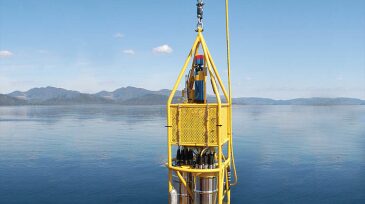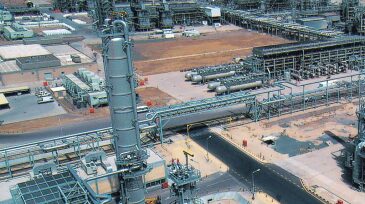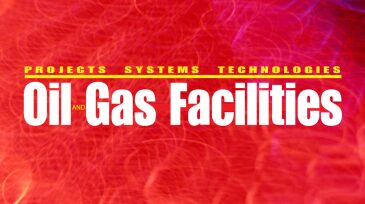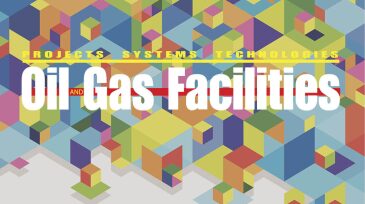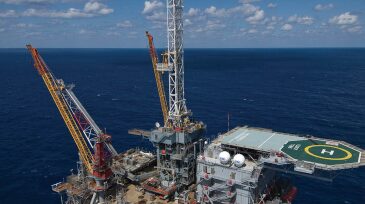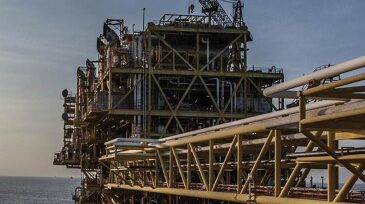-
Speakers at the recent SPE Asia Pacific Unconventional Resources Conference and Exhibition addressed the role of uncertainty and risk in sanctioning megaprojects.
-
Deepwater production has become more reliant on the integrity of subsea, umbilical, riser, and flowline (SURF) systems. A JIP explored cost-effective inspection and maintenance options.
-
Three case studies discuss the challenges of defining efficient facilities in difficult locations.
-
Facilities engineers are being replaced with a combination of project engineers, package engineers, and other specialists, leading to an increase in complexity in upstream projects.
-
Computational fluid dynamics modeling has proven promising for improving scrubber performance.
-
In the current economic environment, efficient water management practices will become even more essential for companies looking to run successful hydraulic fracturing operations.
-
The oil and gas industry must learn to engage with local citizens better if it is to build upon its social license to operate. A joint PFC/HSE luncheon during ATCE addressed this topic.
-
Nontechnical risks, primarily around HSE or social responsibility, increasingly pose risks to project timelines. To manage these risks, companies are seeking systems that can ensure quality performance in these operational areas.
-
Construction costs, contractor involvement, flow assurance, and the integration of new technologies created to improve production are some of the deepwater challenges exacerbated by the current low price environment.
-
Produced water from chemical floods can cause problems for separation and water treatment equipment due to the polymers and surfactants used. Challenges are greater offshore where space limitations can affect treatment options.


